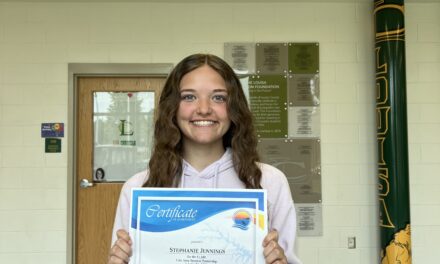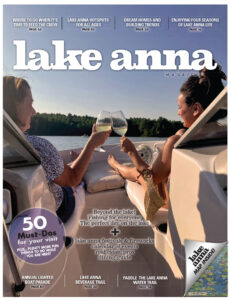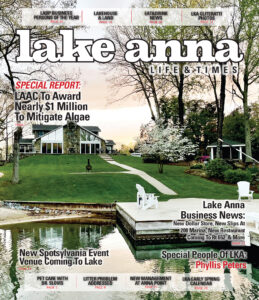Will Cost More To Rent A Home In Louisa County In 2024
By Tammy Purcell/Engage Louisa
At the October 23 meeting of the Louisa County Board of Supervisors the board held a public hearing and voted unanimously to hike the county’s transient occupancy tax. This is a tax paid by people who stay at one of the county’s hotels, motels, short-term rentals (STR) or other temporary lodging.
Supervisors hiked the tax from two percent of the cost of the lodging—where it’s sat since 2006—to seven percent, effective January 1, 2024.
The amended ordinance includes one significant caveat. It exempts payment of the additional tax on lodging contracts for 2024 that were in place on or before October 16. Lodging operators are required to submit qualifying contracts to the commissioner of the revenue by November 16.
The board included the carve-out in response to complaints from some STR owners who said they would have to cover the extra tax on existing reservations unless they were exempted. Kate Killham, who operates an STR on Lake Anna, told the board during the public hearing that it makes sense for the county to raise the tax but encouraged supervisors to include the exemption.
“I have six rentals on the books (for 2024). That five percent increase would cost me just shy of $900 if I had to absorb it,” she said.
Supervisors agreed that the change made sense.
Jackson District Supervisor Toni Williams asked that the ordinance only exempt contracts inked prior to its adoption—hence the Oct.16 deadline—and that lodging operators be given 30 days to submit contracts to the commissioner’s office.
“Why would we hold the window open for 75 more days for people to book rentals. If they’re not booked, they’re not booked,” Williams said. “It’s like if I go online to buy an airline ticket and it’s $350 and I (go to) buy it tomorrow and it’s $420. It happens.”
State law allows localities to levy a transient occupancy tax with revenue generated from an up to two percent tax going to the locality’s general fund. If localities impose a tax that exceeds two percent, any additional revenue up to five percent must be used to promote tourism. Revenue generated by the tax beyond the five percent threshold also goes to the general fund.
In Fiscal Year 2023, Louisa County collected $389,331 from the TOT, according to Finance Director Wanda Colvin. If that revenue remains steady in future years, the county will receive $583,997 for tourism-related spending and another $389,331 for the general fund based on the increased rate. In total, raising the rate to seven percent will generate an extra $973,328 for county coffers based on last year’s revenue, a figure that roughly equates to adding a penny to the county’s real estate tax rate.
Revenue from the TOT has risen steadily over the last six years. According to Colvin, the county pulled in just $89,072 from the tax in FY18. That haul jumped to $296,804 in FY21 and $381,920 in FY22 before reaching its current level.
The rise in revenue coincides with a significant increase in spending by visitors to the county. According to recently released data from the Virginia Tourism Corporation, the county benefited from $47.44 million in direct tourism spending in 2016 and more than $69.9 million last year.
The increase in TOT revenue and other tourism dollars also coincides with the explosion of the short-term rental market at Lake Anna. County staff estimate that there are more than 460 STRs currently operating in the county with over 90 percent clustered around the lake. In March 2022, staff said that 380 STRs were in operation, per data collected by a third-party vendor. For the last two years, the property management firm Vacasa has ranked Lake Anna as the top place to buy a vacation home in the country, citing the steep return on investment for buyers who turn their dwelling into an STR.
Before voting to approve the increase, Board Chair and Mineral District Supervisor Duane Adams, who represents part of the lake, said that he’d like to see the county use some of the new TOT revenue that’s not required to be spent on tourism to support emergency services at the lake. He noted that much of the revenue comes from vacationers visiting lakeside short-term rentals.




















